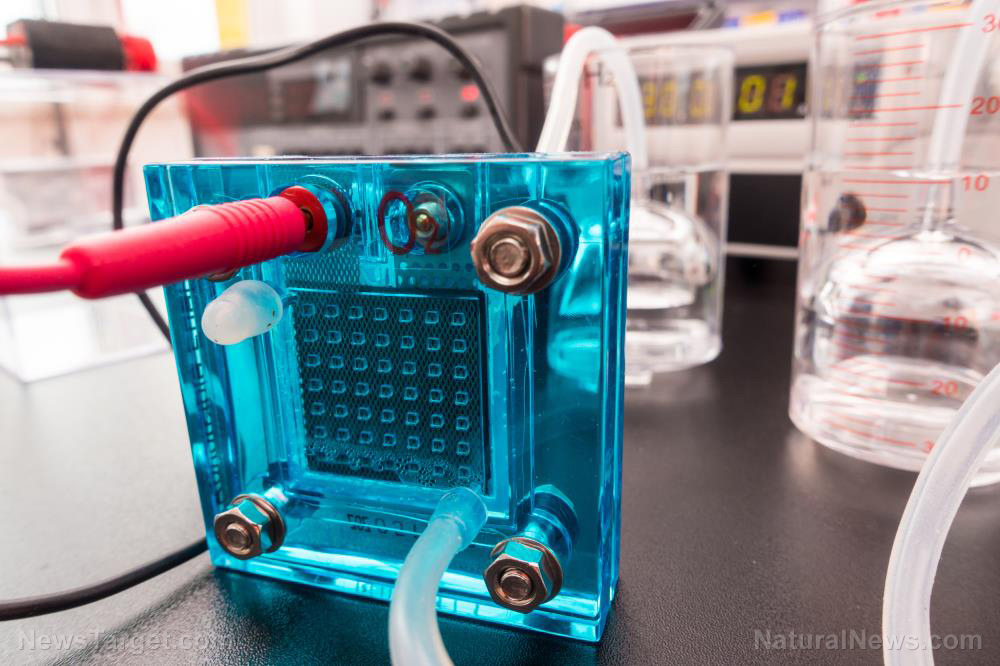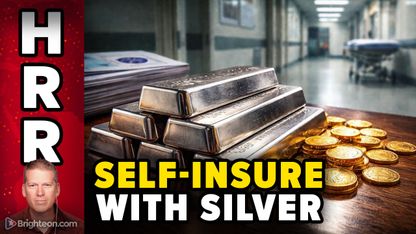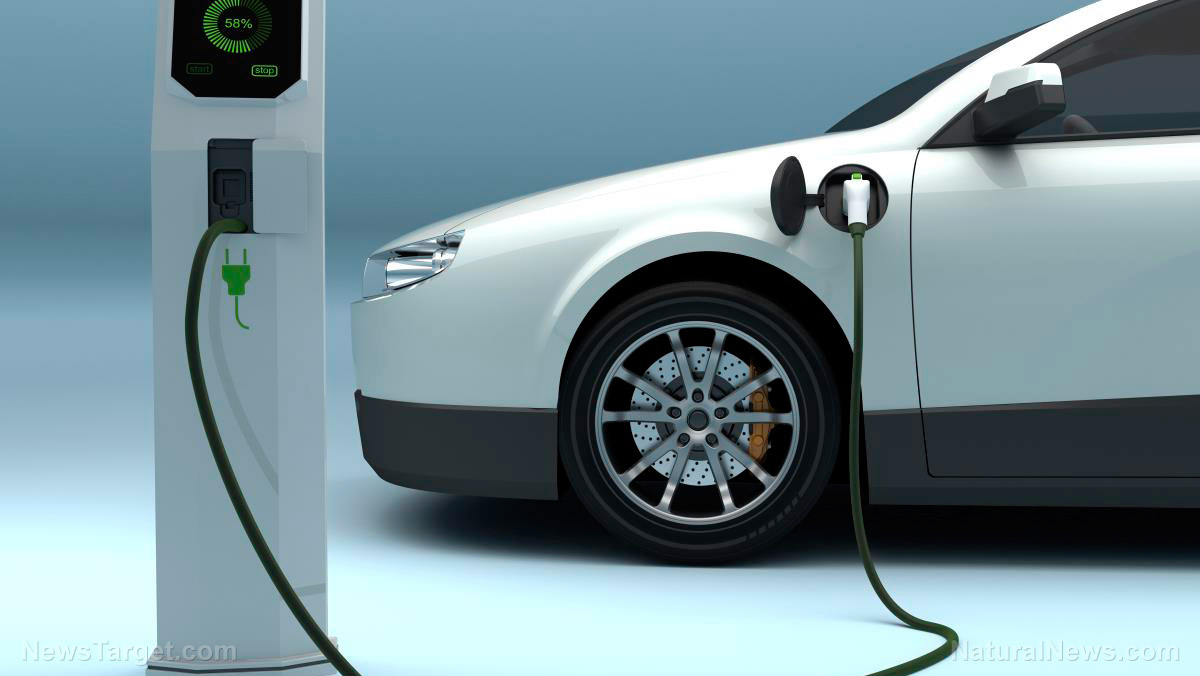
But LSBs can only be recharged a few times before degrading. Now, South Korean researchers might have just found the right catalyst to improve the lifespan and performance of these batteries. In a study published in the journal ChemSusChem, the researchers described how they used the compound cobalt oxalate to reverse the degradation of LSBs.
Improving the lifespan of lithium-sulfur batteries
LSBs are not yet widely used today because charging them causes a buildup of solid lithium sulfide and liquid lithium polysulfide. In turn, these chemical deposits degrade the sulfur cathode (positively charged electrode) and lithium anode (negatively charged electrode), which effectively reduces the lifespan of the batteries and may even cause them to catch fire.
The researchers then looked for a catalyst – a substance that increases the rate of a chemical reaction without undergoing any permanent chemical change – that can make the degradation of LSBs reversible during use.
"While looking for a new electrocatalyst for the LSBs, we recalled a previous study we had performed with cobalt oxalate in which we had found that negatively charged ions can easily adsorb on this material's surface during electrolysis," said Jaeyoung Lee, a professor of environmental engineering at the Gwangju Institute of Science and Technology in South Korea and one of the study researchers.
This led Lee and his team to hypothesize that cobalt oxalate could have a protective effect against the chemical deposits. To test their hypothesis, they made an LSB and added a layer of cobalt oxalate on the surface of the sulfur cathode.
Their analyses showed that the compound's ability to adsorb onto sulfur broke up lithium sulfide and lithium polysulfide into simpler molecules. The cobalt oxalate also prevented lithium sulfide from reaching the lithium anode and triggering a self-discharge reaction by adsorbing the chemical onto its surface. These actions together enhanced the battery's longevity, performance and energy storage capacity. (Related: Battery breakthrough? Membraneless 'flow battery' stores 10 times the energy of lithium-ion.)
The team's findings could open the door to the widespread use of LSBs.
"LSBs can enable efficient electric transportation such as in unmanned aircraft, electric buses, trucks and locomotives, in addition to large-scale energy storage devices," Lee said. "We hope that our findings can get LSBs one step closer to commercialization for these purposes."
Using lithium-sulfur batteries to power aircraft
Many organizations have started experimenting with LSBs to power vehicles. Last year, the Korea Aerospace Research Institute flew a test aircraft that partially runs on an LSB. Called EAV-3, the small aircraft was designed for long flights at an altitude of seven miles or more. Its engine runs on solar cells and an LSB during the day, then depends solely on the battery at night.
According to LG Chem, the Korean manufacturer that made the battery, the airplane flew for seven consecutive hours during the pilot testing. It had a stable flight at an altitude of up to 13 miles, where conditions are almost vacuum and no normal aircraft can fly.
The firm plans to refine its battery and carry out a long-endurance test flight that will last for several days. After 2025, it hopes to start mass-producing LSBs with an energy density (how much energy a battery contains in proportion to its weight) two times greater than that of current LIBs.
Last year, British company Oxis Energy announced that it would supply Texas Aircraft Manufacturing with next-generation LSBs for the latter's electric aircraft. The firm's batteries have a significantly longer lifespan than past LSB designs and a higher energy density than LIBs.
According to Oxis, its lithium-sulfur cell can hold 470 watt-hours per kilogram (Wh/kg) of energy while a typical lithium-ion cell can only hold up to 265 Wh/kg. After some future refinements, the lithium-sulfur cell could reach 600 Wh/kg by 2025.
The firm will be supplying Texas Aircraft with a 400 Wh/kg battery pack that could give an electric aircraft a two-hour, 230-mile range.
Learn more about important technological advancements at Breakthrough.news.
Sources include:
Please contact us for more information.























